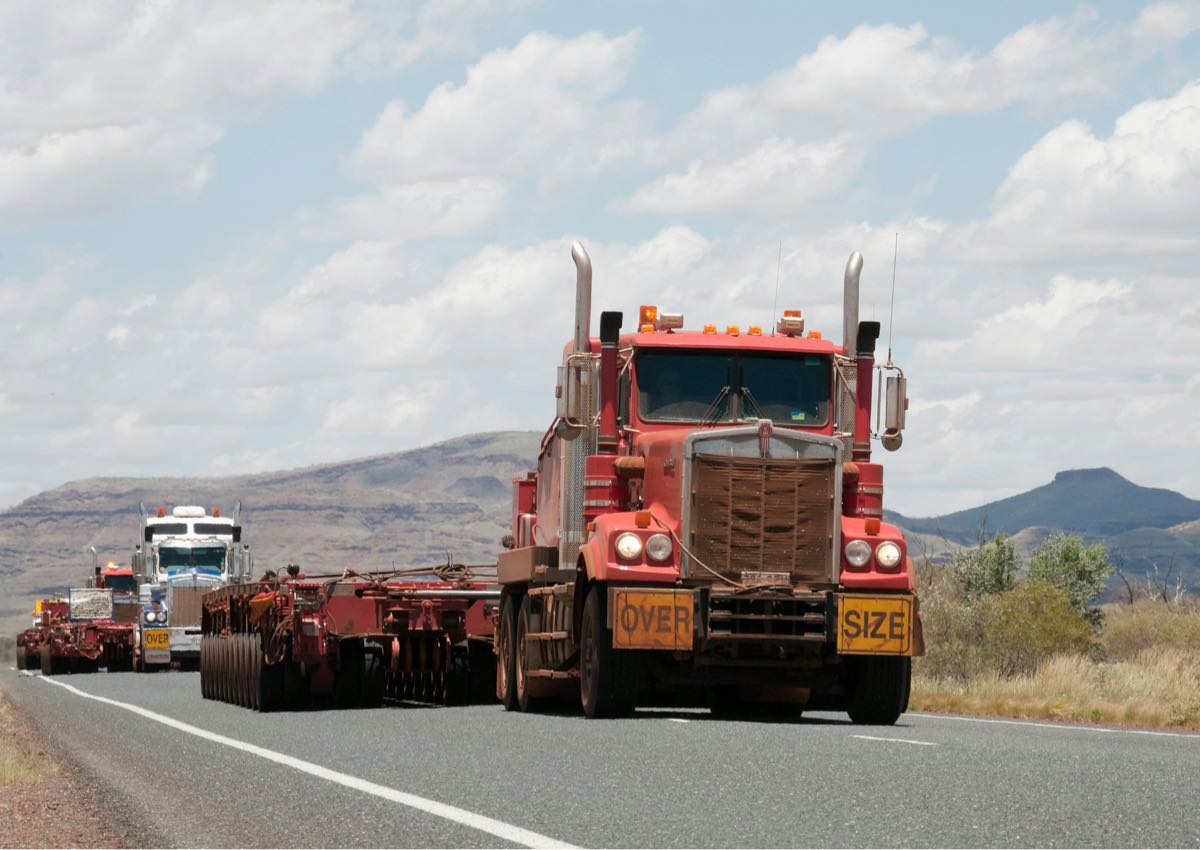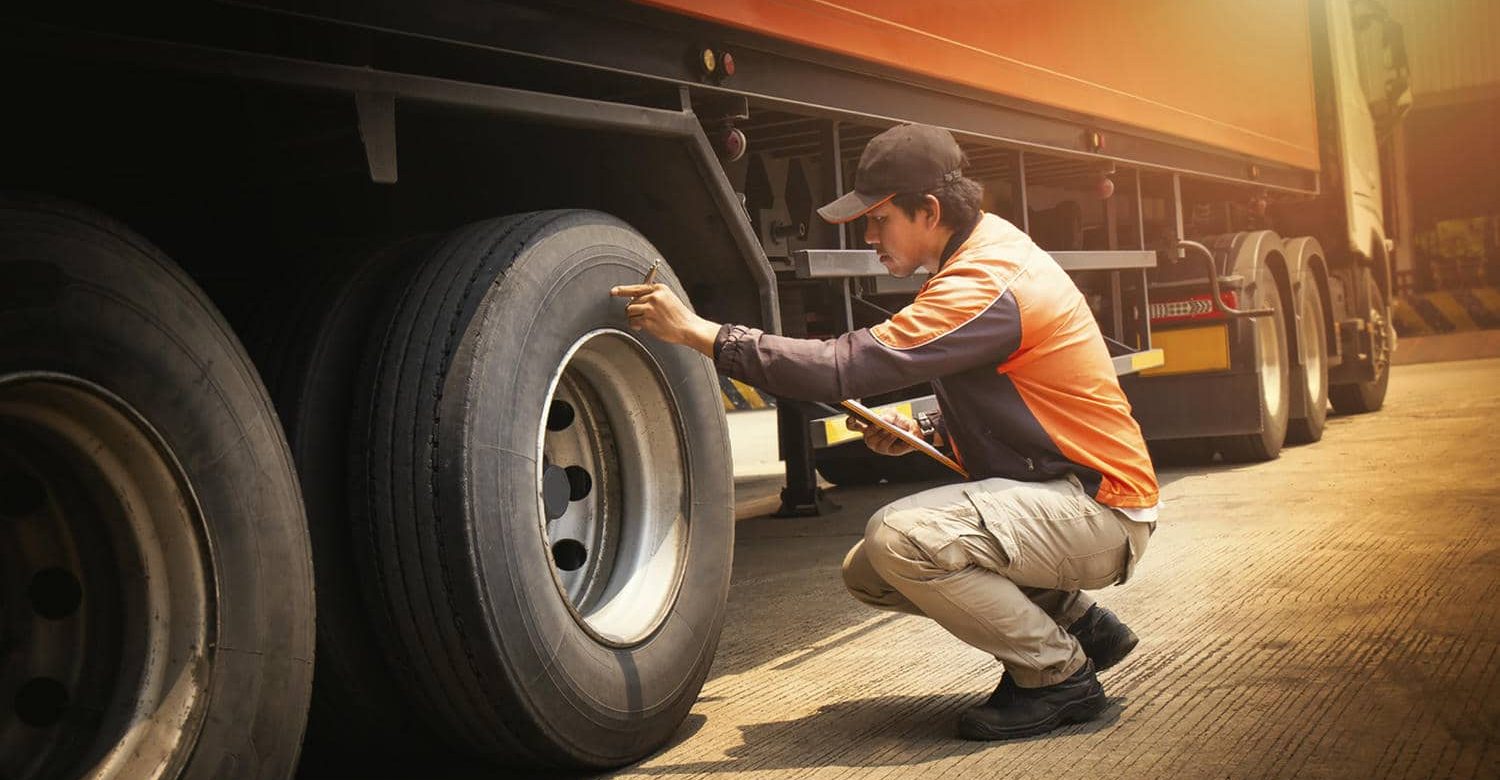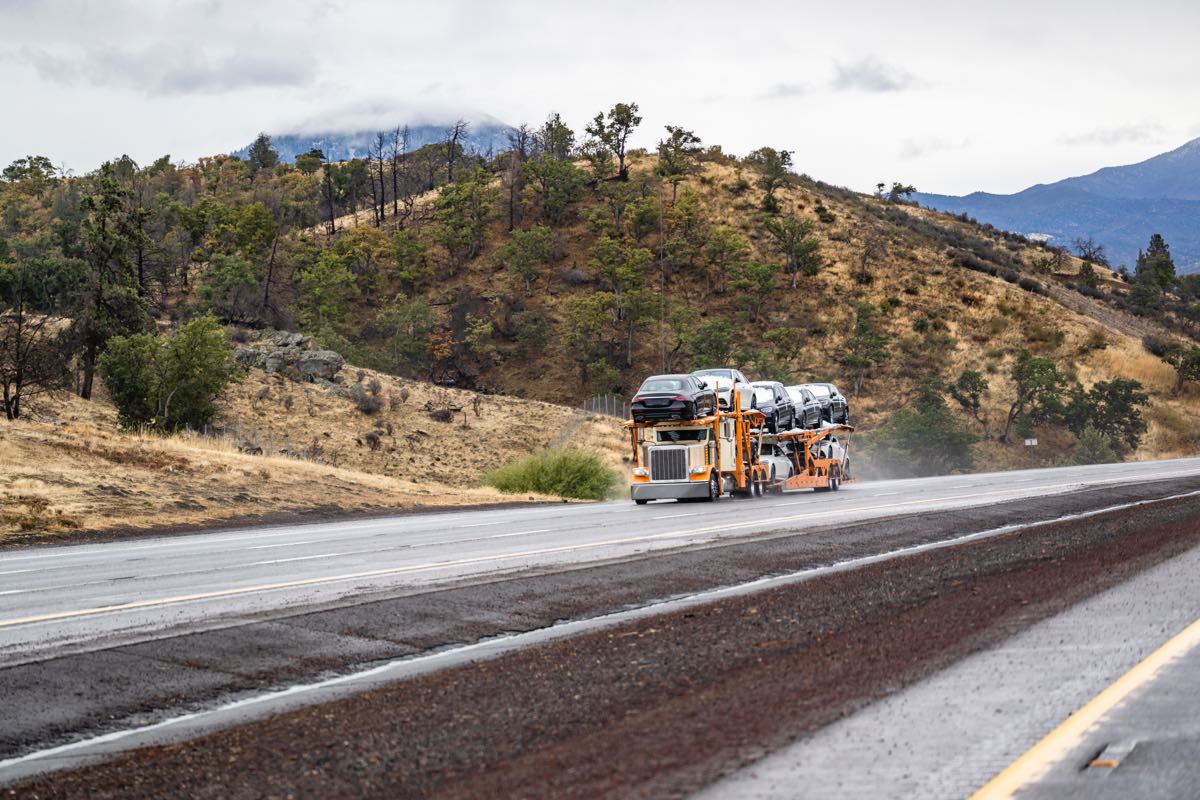Wisconsin and Indiana’s trucking industries are in a unique position since both states have enacted major legislation intended to reduce litigation abuse, which has the potential to change the legal environment for businesses engaged in commercial transportation. The trucking industry has been the target of a larger trend of altering the impact of civil litigation, with stakeholders pushing for improvements to guarantee justice and lessen the weight of “nuclear verdicts” that have increased insurance premiums and operating expenses. These legislative initiatives are reflection of this trend. With an exclusive emphasis on domestic developments, this blog post explores the details of the enacted laws, their intended outcomes, and the wider ramifications for the trucking business within the United States.

Wisconsin’s Stance on Lawsuit Abuse
With the recent passing of Senate Bill 613 by the Wisconsin Legislature, a significant step has been taken to restrict noneconomic damages in cases involving commercial motor vehicle carriers. This law seeks to restrict pain and suffering damages at $1 million, in line with attempts to preserve operational viability and fairness in litigation. It has the full backing of state trucking associations as well as other industry players.
Indiana’s Legal Amendments
Similarly, the legislative structure controlling the trucking business has undergone a substantial upheaval with the passage of Indiana’s House Bill 1090. This law, which acknowledges the importance of individual responsibility in safety, aims to provide a new degree of openness and justice in determining damages for personal injuries or fatalities by permitting the revelation of non-seatbelt usage in civil litigation.

Economic and Operational Ramifications
The trucking business faces a significant challenge from nuclear decisions, which are known for their disproportionately large litigation payouts. This trend highlights an increasing financial risk that jeopardizes the sector’s fundamental structure, as seen by a notable 27.5% increase in the average verdict size over the previous 10 years. These decisions not only directly cost the companies concerned money, but they also create a climate of fear and uncertainty. The threat of financially devastating litigation verdicts looms large and affects both strategic planning and operational choices. Businesses are forced to balance the competing demands of upholding safety regulations and controlling the possibility of going bankrupt.
Beyond the trucking businesses’ immediate financial effect, these nuclear rulings have far-reaching implications. The insurance industry is facing rapidly rising rates as a result of insurers reevaluating their risk estimates in the wake of these rulings. The supply chain will eventually absorb this rise in operating expenses, which will have an impact on consumer pricing and product accessibility. These verdicts’ excessive character not only warps the judicial system but also upsets the trucking industry’s economic equilibrium. Legislative reform turns into a crucial economic need as well as a subject of legal concern. Such changes seek to reestablish justice and balance by tackling the underlying causes and effects of nuclear rulings, preserving the trucking industry’s viability as a crucial component of the national economy.

Industry Advocacy for Reform
Stakeholders in the trucking industry in both states have been working together to press for legislative reforms to reduce litigation misuse. These legislative proposals, backed by state-level trucking associations and the American Trucking Associations, are presented as necessary to maintain the industry’s capacity to operate safely and effectively, indicating a wider agreement on the necessity of balance in civil litigation.

The recent legislative measures in Wisconsin and Indiana have sparked a thorough discussion on the basic role that law plays in promoting a climate of justice within the trucking sector among industry executives, legal experts, and legislators. Proponents of these legislation contend that by establishing precedents like to those in other tort reform domains, like medical malpractice, these new regulations seek to preserve the economic health of critical industries while also addressing the disparity in the present legal system. The analogy to medical malpractice reform is especially fitting, as both industries have traditionally struggled with litigation abuses that jeopardize their ability to remain in business. These rules aim to achieve a balance between addressing legitimate grievances and preventing the legal system from being abused for undue financial benefit by capping non-economic damages.
A sophisticated awareness of the nuances of civil litigation is also reflected in the legislation, particularly in situations where the subjective nature of noneconomic damages can result in erratic and sometimes enormous verdicts. Such legal reforms, according to their supporters, are essential for establishing a predictable and equitable litigation environment, which in turn promotes investment, expansion, and stability in the trucking industry. It is anticipated that this move toward more equal legal procedures would discourage baseless litigation, which not only overburden the legal system but also put undue financial pressure on trucking businesses, which in turn raises costs for products and services for customers. By enacting these laws, states are demonstrating their commitment to justice and economic efficiency through the legal system, which will protect the trucking sector’s ability to support the nation’s economy from the looming threat of unfeasible lawsuit verdicts.

The ongoing discussion over the misuse of lawsuits and the effects it has on the trucking industry has reached a significant turning point with the approval of Senate Bill 613 in Wisconsin and House Bill 1090 in Indiana. By imposing limits on noneconomic damages and permitting the revelation of non-seatbelt use in injury claims, these states are establishing a precedent for how the legal system can achieve a balance between the scales of justice, so guaranteeing that both plaintiffs and businesses are treated in a fair manner. The purpose of these reforms is not only to safeguard corporations; rather, they are intended to preserve the legitimacy of the judicial system by ensuring that decisions are founded on fairness and fact, rather than on speculation and the pursuit of financial gain.
In the United States, Ship A Car, Inc. is the best option for heavy haul and vehicle shipping. Ship A Car, Inc. promises unparalleled service quality with a dedication to excellence demonstrated by its A+ rating from the Better Business Bureau and its licenses from the FMCSA and DOT. Customers that use Ship A Car, Inc. may be confident that they will deal with devoted, experienced transport coordinators that are prepared to provide the best shipping options. Give us a call at (866) 821-4555 for unmatched assistance.
Q: How do the new laws in Wisconsin and Indiana impact trucking companies?
A: The new regulations in Wisconsin and Indiana, which restrict noneconomic damages and permit the disclosure of non-seatbelt usage, respectively, are intended to lessen litigation abuse. This can result in cheaper insurance premiums and shield businesses against judgments that could bankrupt them.
Q: What are “nuclear verdicts,” and why are they a concern for the trucking industry?
A: Nuclear verdicts refer to excessively large legal awards in litigation, frequently resulting from civil lawsuits. Because of their capacity to raise insurance rates and operating expenses, they are a major source of worry for the trucking industry and their propensity to undermine the long-term viability of trucking operations.
Q: How does Ship A Car, Inc. ensure the best shipping services for its clients?
A: Ship A Car, Inc. maintains an A+ BBB rating, employs professional transport coordinators, and has been licensed by the FMCSA and DOT to guarantee superior service. All clients will receive a smooth, dependable, and efficient shipping experience with our all-inclusive strategy.




